Advice On Learning Chinese Mandarin
My Chinese Language Journey
In China, Guangzhou, English students will often ask me in English class, “Can you speak Chinese?” My response, “当然可以说中文” is usually met with awe and disbelief.
I break into Chinese to explain, “我在澳大利亚一年半自学汉语,然后去中国暨南大学两个学期读汉语。 我现在流利讲中文. In Australia I self-taught myself for a year and a half. Then I came to study in China. I studied in Jinan University for two semesters.”
Read Chinese Characters (汉字)
When a student asks, “Was it hard to learn Chinese?” The response, “No, it is not hard at all,” shocks them.
Then I take them through my method.
“You just need to learn how to read the Chinese characters first, because that is the hardest to memorize.”
I wrote down “3,000” on the whiteboard.
I explained, “You need to memorize three thousands Chinese characters (汉字) to achieve an advanced level of Chinese proficiency.”
“If you learn ten characters every day, when broken up into three thousand characters, that is three hundred days, or just under one year. If you account for holidays, then you can probably stretch that Chinese characters learning out to one year.”
“If you aim to learn seventy characters per week, and you can keep them in your mind, you will be able to learn enough Chinese characters required for advanced Chinese proficiency.”
“When you pick up a Chinese text book, the words that form from those learned Chinese characters will be much easier to memorize.”

Listening Skills / Visualize
“After you learn the characters and associated pinyin (拼音), all you need to focus on is listening.”
“You need six months to work on your pronunciation, how to recognize the pinyin in speech, and how to speak those words in Chinese.”
“You need to visualize the Chinese characters as you speak them.”
Translate In Your Mind
“One piece of good advice I can give you is to talk in your head.”
“Before I came to study in China, I would talk Chinese in my head. I would say, ‘Today what do I want to do?’ 翻译. 我今天想做什么事情?’ I always translate it in my head.”
“So that when I come to study in China, I will have more confidence.”
Write Down Vocabulary
I said, “So, when you have a problem and you don’t know the words, then you can go write it down. Easy (容易). What is another word for ‘easy’?”
“Write it down, and you can remember.”
“Then next time you think again, you will remember ‘easy, and this synonym too’.”
“Then you will learn more words. Your vocabulary will increase.”
Homework Exercises
I then explained, “You can learn seventy words per week, but sometimes the study results go in one ear and out the other, because there is no homework. You always not only have to listen, but write it down, and go home to make some exercises for yourself.”
“One day, for example, I will learn the Chinese word for ‘opportunity’ (机会). I will go home and wonder how I can use the word ‘opportunity’.”
“For example, ‘Today I don’t have an opportunity to eat dinner. Today I have a good opportunity to sleep early.'”
“My advice is to use the new words wherever you can in day-to-day language. If you consciously use that word five or ten times, you will remember it.”

Journey To The West
I reflected, “In Australia I learnt by myself. I studied every single day for ten hours a day. Not everyone can do that.”
“But I would go to work for 8 hours a day, and before I leave for work, I would write down a few Chinese words on a notepad, and I will practice those words in breaks at work. Or, I will practice drawing characters when I can’t practice words.”
“I will practice something in my spare time and my lunch time, and between work. Then I would go home and practice until sleep. That would be my whole time.”
I was giving them all this good stuff (鸡汤) that they can listen to and apply themselves.
I said, “That way, when I came to another county, I was prepared for that. It was no longer a challenge. It was something that would be more fun.”
“I came to China because it was both a challenge for me, and because I did not get enough opportunity to speak Chinese in Australia.”
“Even though my Chinese was bad (差), I still came to China and challenged myself.”
Conclusion (好好学习天天向上)
Those were my six pieces of advice.
- Learn to read Chinese characters,
- Visualize the Chinese characters in your mind to remember the Chinese word,
- Translate from English to Chinese in your mind,
- If you don’t know those Chinese words, write down synonyms,
- Practice those Chinese words in as many scenarios as possible,
- And try to get into another Asian country if possible.
That is the best way you will learn Chinese Mandarin.
That is what I passed onto the kids in my class.
Are you looking for suitable language exchange partners in China and abroad?

Diary Of A Mad Chaos is a daily diary written from March 1996 until today, of which individual books and book series have been created, namely “The Lost Years” an exploration of young, entwined love, the “Wubao In China (猎艳奇缘)” book series which provides an extensive comparative analysis of the cultural differences between Eastern and Western societies, and the book titled “Foreigner (华人)” an exploration of race relations in Australia.


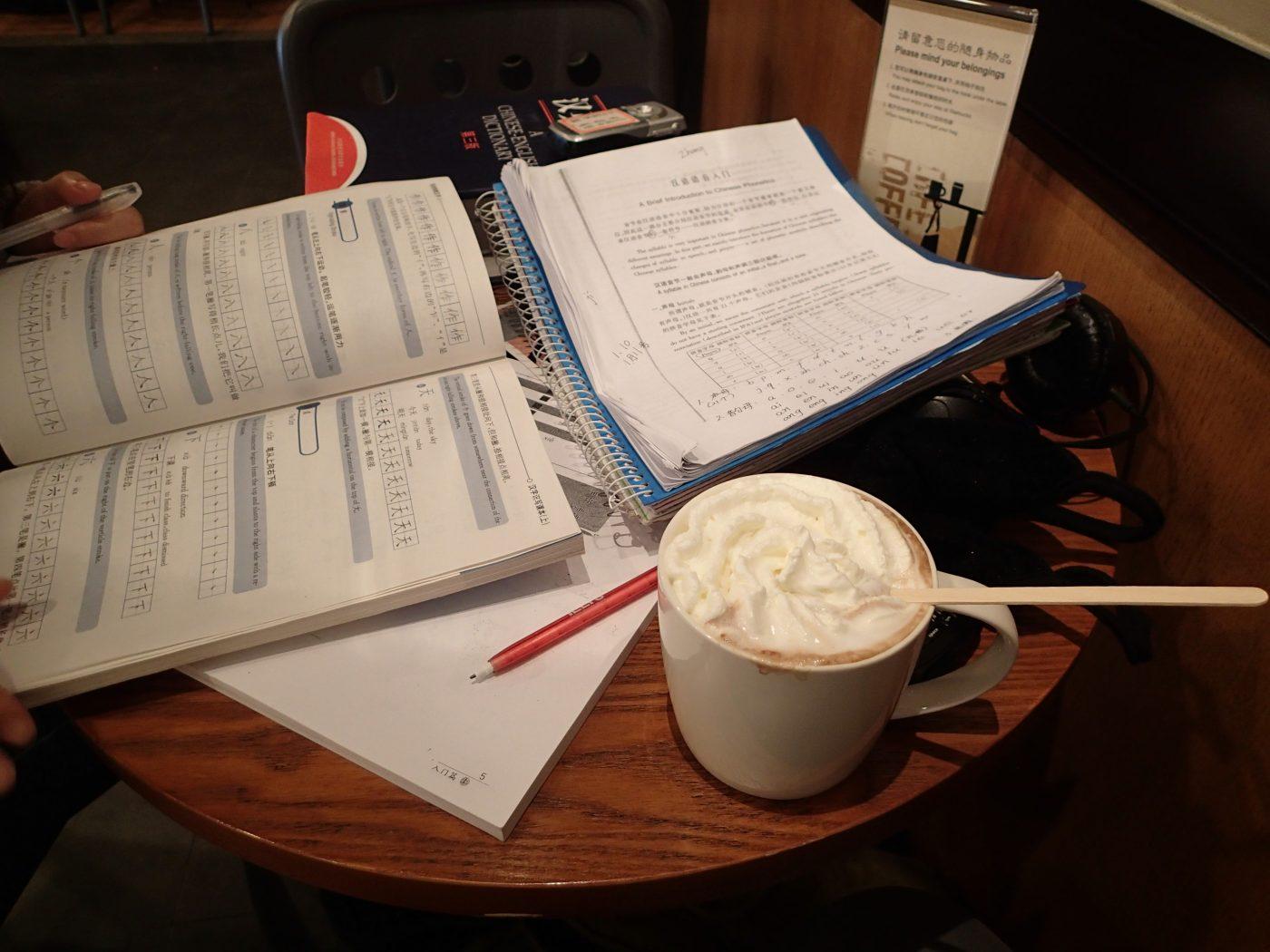

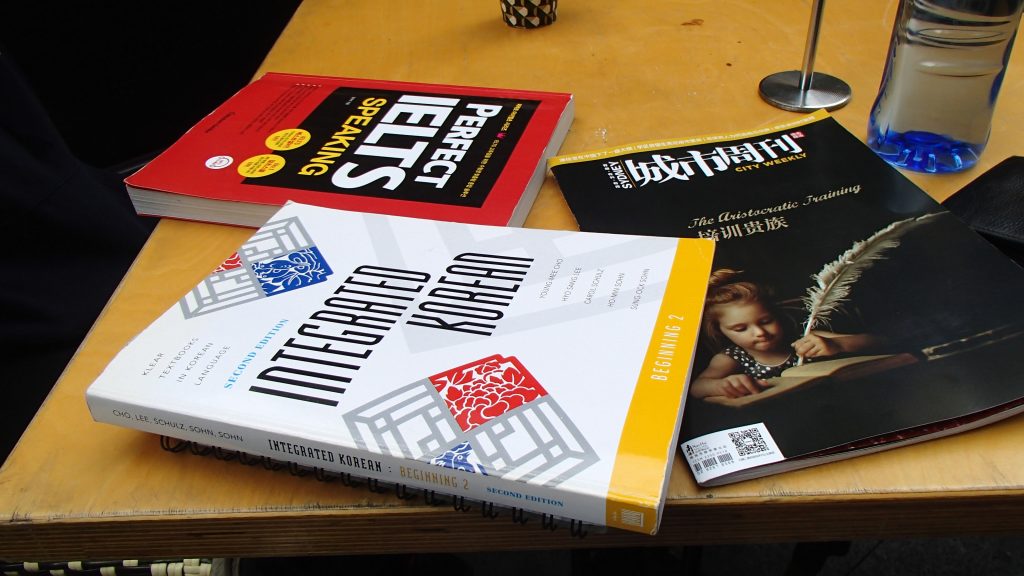

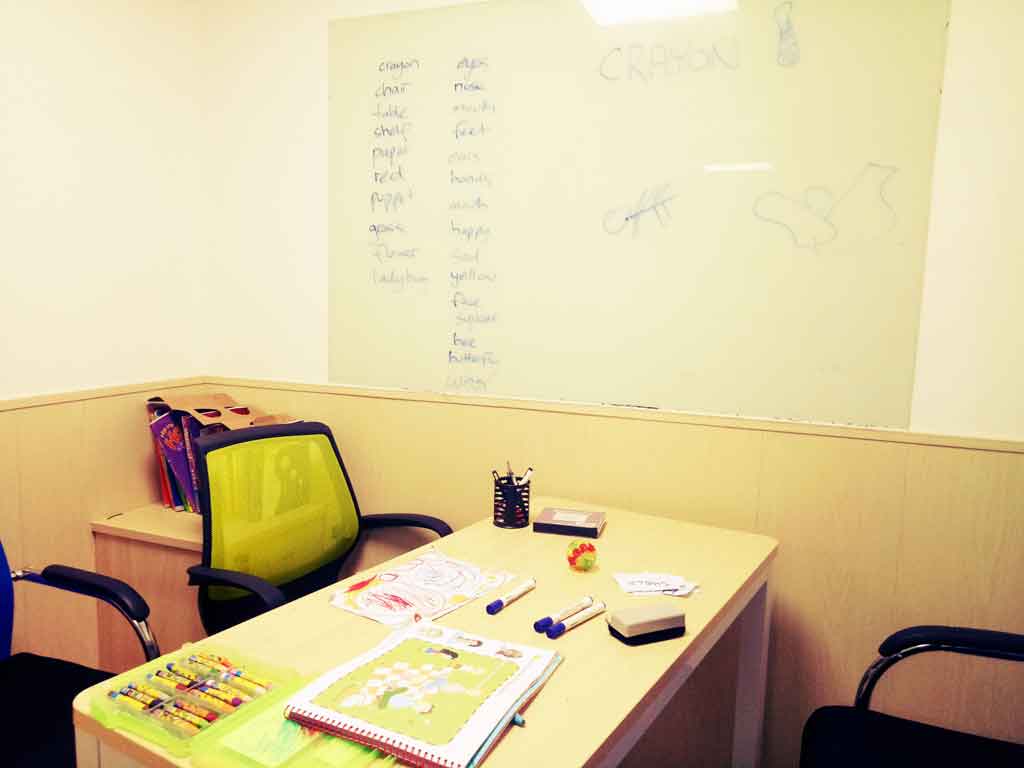

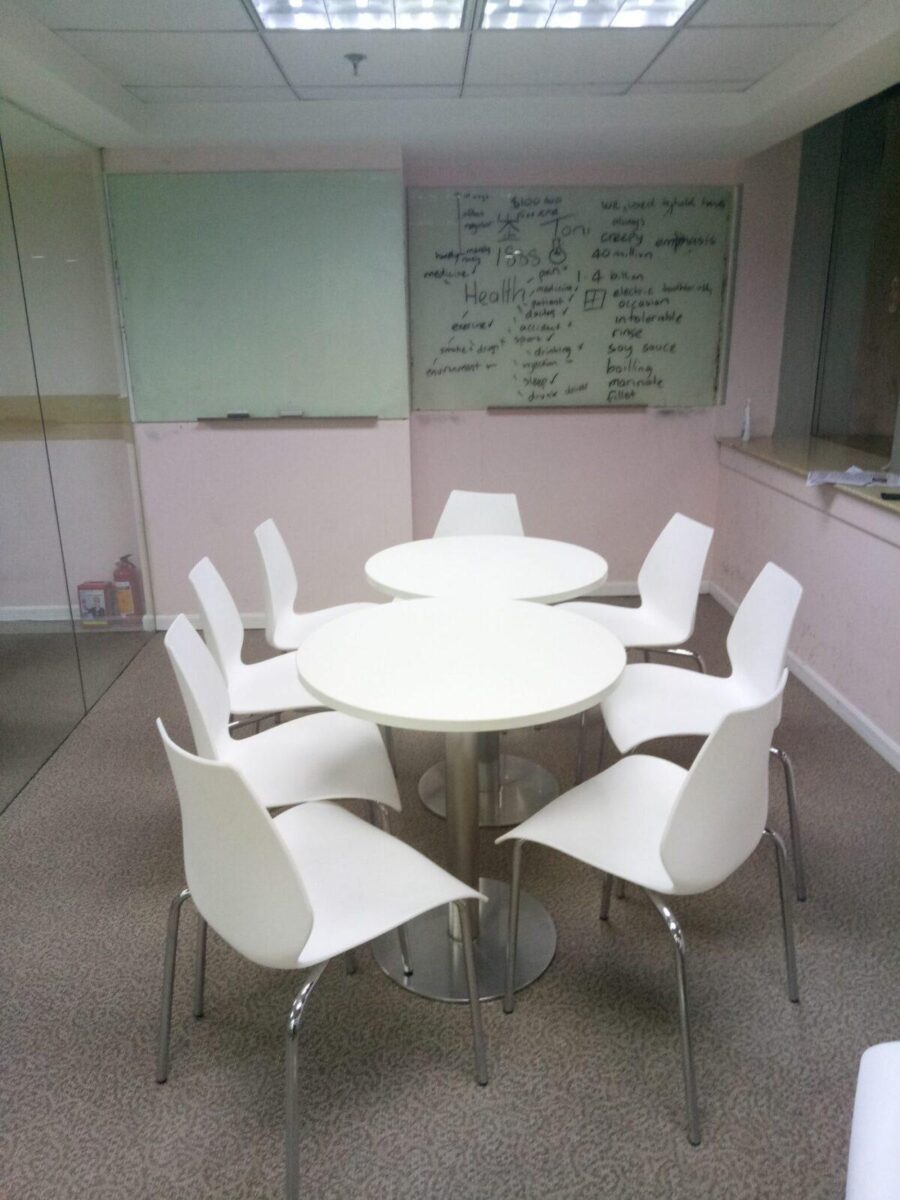

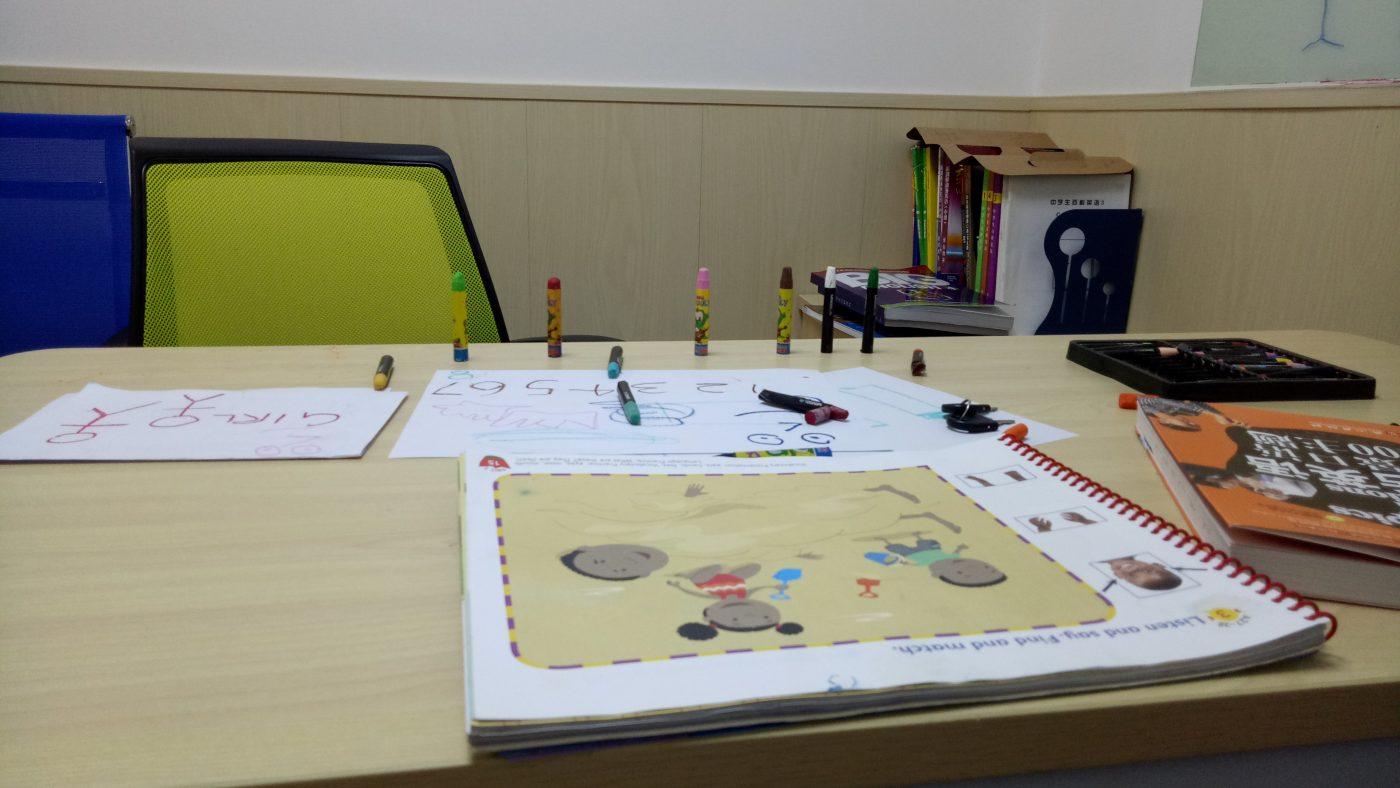



汉字…不是汉子
Wrong character used in your article.
Chinese characters = hàn zì 汉字
汉子 hàn zi = a man / fellow
我们学汉字。
wǒmen xúe hànzì
We learn Chinese characters.
他是个壮汉子!
tā shì gè zhuàng hànzi
He’s a strong fellow!
她在外面偷汉子!
tā zài wài miàn tōu hànzi!
She’s having an affair outside!
Very different meanings my friend if the character is written wrongly! Take note about that. 🙂
Spot on your six tips – similar to how I process Mandarin, although i have very limited expsoure in China physically, my book has received feedback from Chinese readers. I notice you have a second language – that always helps (mine is Spanish) – 好运!
墨文 – author of O Derry Boy
http://www.blurb.co.uk/b/1201692-o-derry-boy